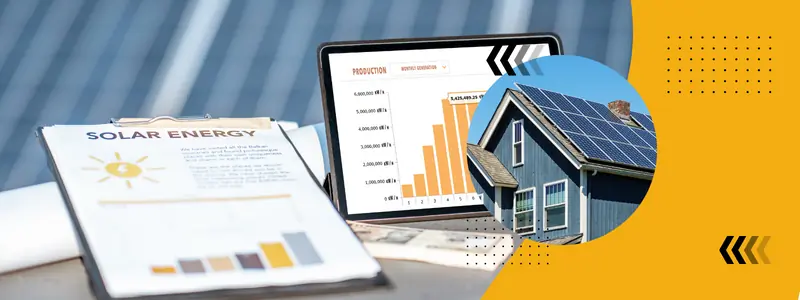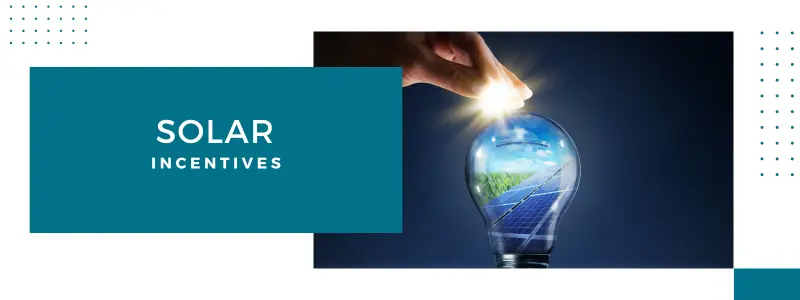Discover the Power of Solar Energy in Nebraska!
Welcome to Nebraska, a state celebrated for its wide open spaces and friendly communities, and now emerging as a leader in the solar energy movement. Despite its varied climate, Nebraska receives ample sunshine year-round, making it an ideal location for solar power generation. This untapped potential offers an exciting opportunity for residents and businesses to embrace clean, renewable energy solutions. With incentives available to offset installation costs and a growing interest in sustainability, Nebraska is positioned for a solar revolution. Explore how harnessing solar energy can illuminate your property, lower energy bills, and support a healthier environment right here in the Cornhusker State. Join us in harnessing the power of the sun and step into a brighter, greener future in Nebraska.
Explore Your Rooftop's Solar Potential
Discover how much solar energy your rooftop can generate. Enter your address below:




